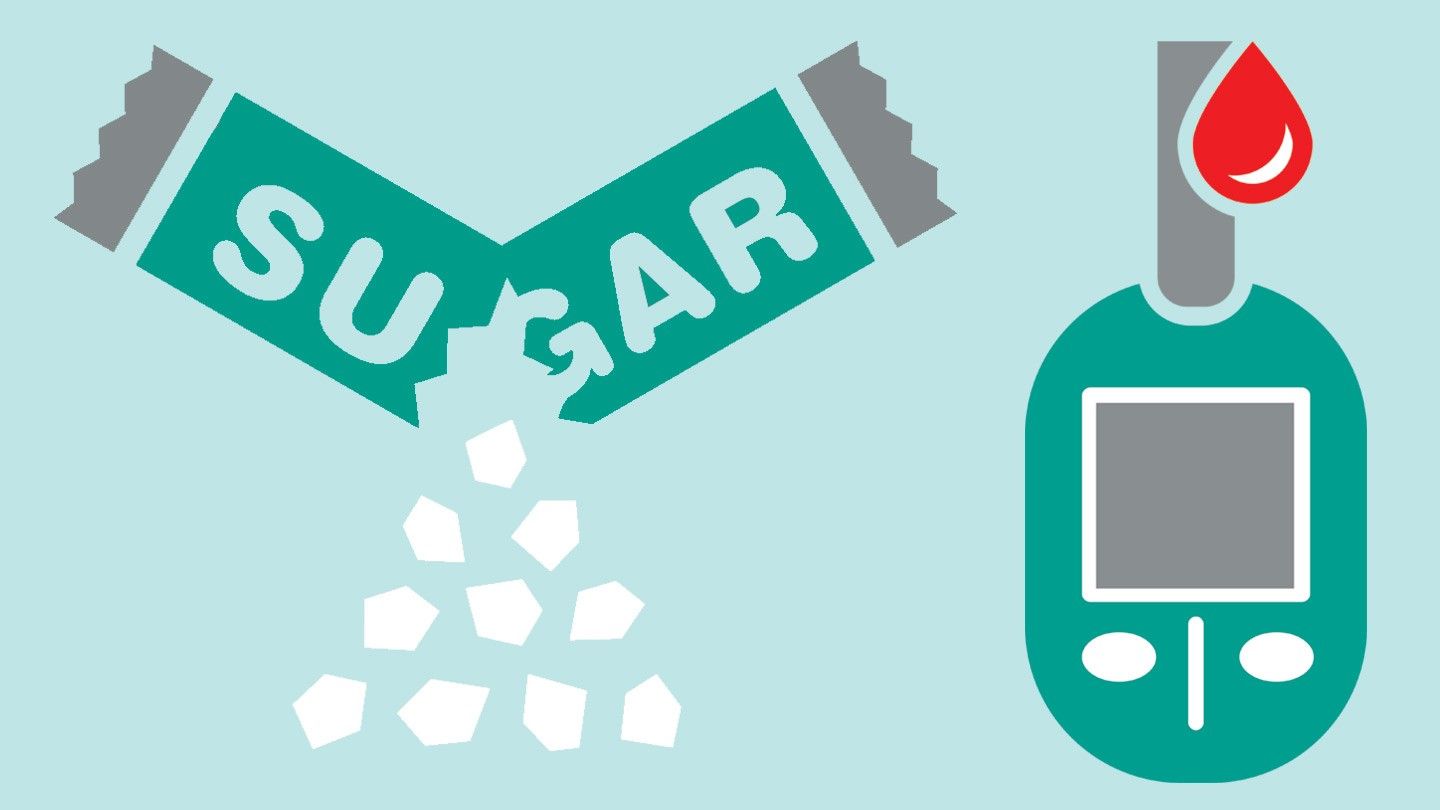Introduction
Diabetes mellitus is a chronic health condition which is characterized by raised blood sugar levels. Diabetes mellitus affects millions of people worldwide, it is one of the most common non-communicable diseases and is a risk factor for heart disease.
Diabetes mellitus can be inherited through genes, sedentary lifestyle and environmental factors such as auto-immune diseases and mutation of genes through radiation exposure.
In this blog post, we will explore the top 15 causes of diabetes mellitus which are responsible for occurrence of diabetes in individuals.
Understanding these causes will help you to take preventive actions and treatment to cure diabetes at early stages.
Top 10 Causes of Diabetes
- Genetic Predisposition
Having a family history of diabetes mellitus in your first degree relatives increases the risk of getting diabetes. If your parents or siblings are suffering from diabetes then you should start taking preventive measures to counter diabetes such as lifestyle modification, avoiding junk or fast food, do regular exercise, improve your mental health and manage your stress levels.
Genetic factors can impact insulin production and glucose metabolism in your body.
2. Sedentary Lifestyle
Sedentary lifestyle is characterized by lack of physical activity which is common in white collar jobs such as Doctors, Computer Engineers, Teachers, and sitting desk jobs.
It can increase the risk of developing diabetes mellitus. Regular exercise is a must for individuals having a sedentary lifestyle to improve insulin sensitivity which allows cells to use glucose effectively.
On the other hand, lack of physical activity can lead to weight gain, insulin resistance, and increase risk of diabetes.
3. Unhealthy Diet
If you are consuming processed foods, junk foods, sugary beverages, saturated fats, and a low-fiber diet then you are at increased risk of getting diabetes mellitus.
These food items lead to weight gain, promote insulin resistance, and increased risk of heart disease as well along with diabetes mellitus.
You should consume a healthy diet consisting of high fiber, fruits, vegetables, healthy fats, protein etc. Try to consume home-cooked food rather than outside food.
- Excessive Weight and Obesity
Obesity is a significant risk factor for diabetes mellitus. Excessive fat in the body is a root cause of many other diseases such as hypertension, diabetes mellitus, stroke, heart disease, etc.
You should manage your weight according to your age, height, sex and ethnicity.
- Insulin Resistance
Insulin Resistance is a condition when the cells in the body become less responsive to insulin. Insulin Resistance can occur due to genetics, obesity, sedentary lifestyle, and unhealthy diet.
- Gestational Diabetes
Gestational Diabetes is the diabetes that occurs during pregnancy when the hormonal levels in the body changes. Women who develop gestational diabetes are at higher risk of developing Type 2 diabetes later in life.
Children who are born to mothers with gestational diabetes are also prone to get diabetes early in their life.
- Polycystic Ovary Syndrome (PCOS)
PCOS is a hormonal disorder which is commonly seen associated with insulin resistance. Women who are suffering from PCOS are at higher risk of developing diabetes mellitus.
Proper management of PCOS and insulin resistance can reduce risk of diabetes.
- Age
Age also plays an important role in developing diabetes mellitus. Risk of type 2 diabetes increases with age due to less physical activity with increased age, loss of muscle mass, and changes in hormonal level.
- High Blood Pressure and Cardiovascular Disease
Hypertension and heart diseases both are significantly associated with increased risk of diabetes. These conditions lead to insulin resistance and affect the function of the cardiovascular system of the body.
10.Ethnicity and Race
Ethnicity and Race are major contributors in the development of diabetes. Certain ethnicities such as African-Americans, Hispanics, Native Americans, and Asians, have a higher risk of developing diabetes.
This can be due to their cultural factors, genetic factors, dietary habits, and accessibility of healthcare facilities.
Must Read:- Top 15 Symptoms of Diabetes
FAQs About the Causes of Diabetes
Q1. Can genetics alone cause diabetes?
Ans. Genetics plays an important role in developing diabetes but it is not the sole cause of diabetes. Genetic factors when present increases the risk of getting diabetes when combined with other factors such as lifestyle choices and environmental factors.
Q2. How does chronic stress contribute to diabetes?
Ans. Chronic stress raises blood sugar levels and impaired insulin function leads to increased risk of diabetes. Stress management through various techniques such as yoga, meditation, exercise and stress managing therapies reduces the risk of getting diabetes mellitus.
Q3. Does smoking and tobacco use directly cause diabetes?
Ans. Yes, Tobacco use and smoking are significantly associated with increased diabetes risk. Tobacco contains harmful chemicals which lead to insulin resistance and elevated blood sugar levels causing diabetes.
Q4. Are there specific environmental factors that can contribute to diabetes?
Ans. Yes, exposure to certain toxins and pollutants present in the environment increases the risk of getting diabetes. If the exposure to these pollutants is minimized then the risk also decreases significantly.
Q5. Can sleep deprivation really increase the risk of diabetes?
Ans. Yes, inadequate sleeping patterns and lack of sleep can lead to diabetes because it can affect insulin sensitivity and glucose metabolism.
You should take proper rest and sleep to decrease the risk of diabetes.
Conclusion
Understanding the causes of diabetes helps in making healthier choices and implementing healthy lifestyle changes, which reduces the risk of diabetes. By managing causes like excessive stess, taking proper rest and improving sleep quality, avoiding smoking and minimizing exposure to enviorenmental toxins makes a great impact on our health and reduces the risk of diabtes mellitus as well.
Early detection is the key to manage diabetes efficiently.

